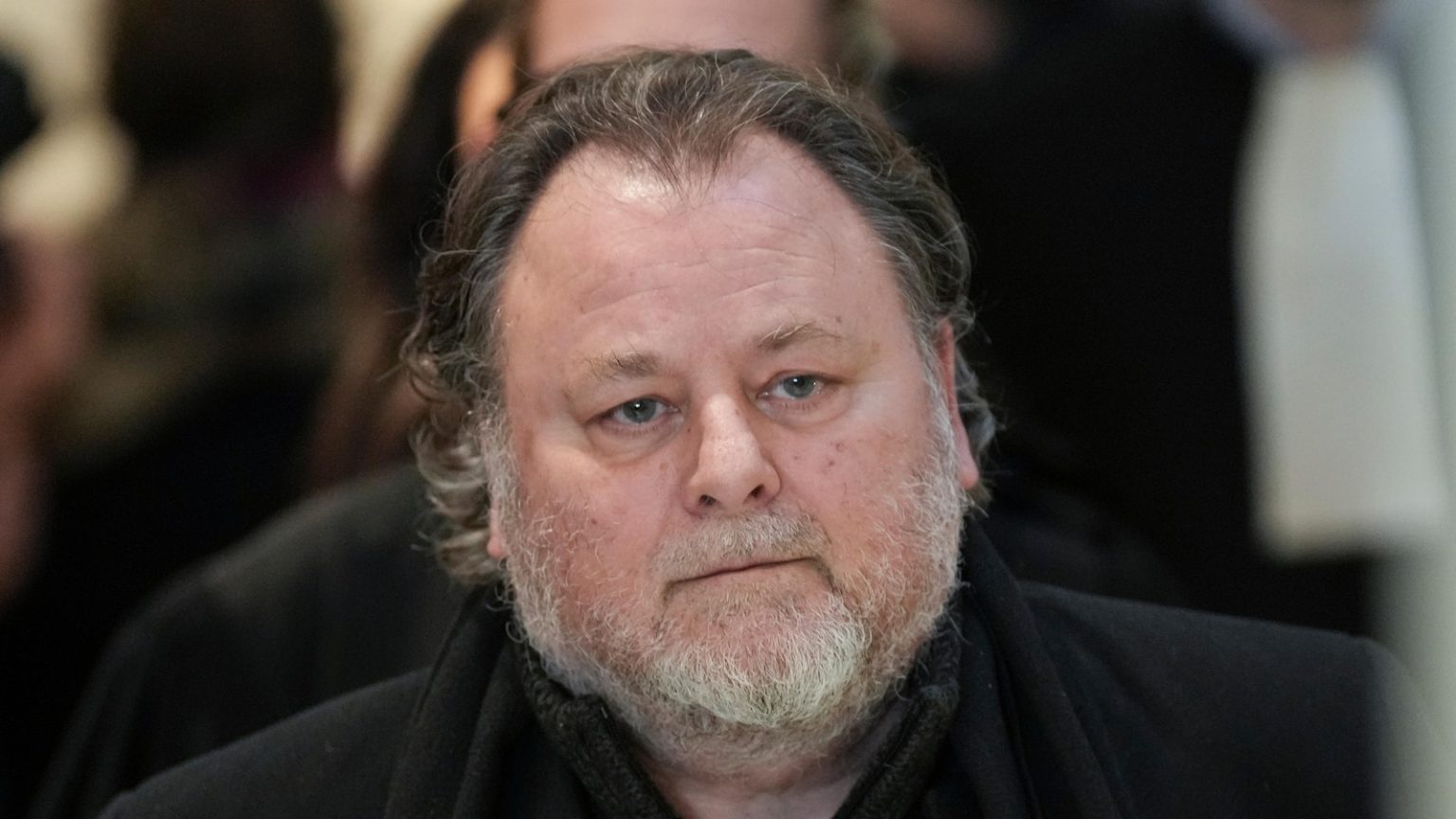The Verdict and ItsSignificance: A Watershed Moment in France’s #MeToo Movement
In a landmark ruling that resonates deeply within France’s cultural landscape, filmmaker Christophe Ruggia was found guilty of sexually assaulting actress Adèle Haenel during the filming of "Les Diables" when she was between 12 and 15. The court sentenced Ruggia to two years under house arrest with an electronic bracelet and an additional two-year suspended sentence. This verdict marks the first major #MeToo trial in France, setting a significant precedent in the nation’s handling of sexual abuse cases in the entertainment industry.
The court’s decision highlighted Ruggia’s exploitation of his position of power, noting that he engaged in inappropriate conduct over three years, gradually isolating Haenel from her support network. Despite Ruggia’s denial of any wrongdoing, the court’s ruling underscored the importance of believing victims and addressing power imbalances that enable abuse.
Adèle Haenel: A Catalyst for Change in French Cinema
Adèle Haenel emerges as a courageous figure in this narrative, her bravery in coming forward sparking a national conversation about sexual abuse in the French film industry. Her decision to speak out after the Harvey Weinstein revelations in 2017 made her a pivotal voice in France’s #MeToo movement. Now 35, Haenel’s accusations against Ruggia have reverberated beyond the courtroom, influencing others to share their experiences and challenging the industry’s complicity in such abuses.
Haenel’s frustration with the industry’s inadequate response to abuse was evident in her actions, such as walking out of the 2020 César Awards when Roman Polanski, a fugitive facing rape charges, won best director. Her recent departure from the film industry and her open letter criticized the industry’s complacency, underscoring her commitment to systemic change.
The Ripple Effect: Empowering Other Women to Speak Out
Haenel’s courage has inspired others, including renowned actress Judith Godrèche, who attended the verdict and was moved to tears. Godrèche, a rape survivor herself, accused respected film director Benoît Jacquot of abusing her during a six-year relationship that began when she was 14. Her bravery illustrates the profound impact of Haenel’s leadership in encouraging women to confront their abusers publicly. Despite denials from Jacquot and another accused director, Jacques Doillon, these testimonies expose a culture of silence and complicity in the film industry.
The growing number of women stepping forward, including those accusing Gérard Depardieu, signals a shift in how such cases are viewed. This newfound willingness to confront abuse reflects a broader societal change, where victims feel empowered to challenge powerful figures without fear of repercussions.
Broader Implications: The #MeToo Movement’s Impact on French Cinema
The accusations against prominent figures like Ruggia, Jacquot, Doillon, and Depardieu reveal entrenched issues in the French film industry. These cases suggest a pattern of abuse, often enabled by industry professionals turning a blind eye. The #MeToo movement has galvanized victims to demand accountability, challenging France’s historical reluctance to engage with such cases.
This cultural shift is evident in how the industry now confronts these issues. The upcoming trial of Depardieu, accused of assaulting two women on set, highlights the movement’s persistence. While Ruggia’s conviction is a significant step, it also underscores the need for systemic change to prevent future abuses and support victims effectively.
Cultural Context: France’s Evolving Response to #MeToo
France’s initial hesitation to embrace #MeToo contrasts with the swift response in the US, reflecting differing cultural attitudes. The country’s reverence for artists as public intellectuals often overshadows their actions, allowing misconduct to persist unchecked. Ruggia’s guilty verdict challenges this cultural narrative, signaling a shift towards accountability.
Haenel and other accusers’ testimonies are reshaping this landscape, encouraging a reevaluation of how France addresses sexual violence. This trial marks a turning point, highlighting the need to believe and support victims, ensuring their voices are heard and valued.
Conclusion: A Pathway to Justice and Systemic Change
The guilty verdict against Ruggia offers hope for justice and change, emphasizing the importance of accountability. It validates victims’ experiences and challenges France’s cultural norms that have allowed abuse to thrive. While systemic change requires time, this trial is a crucial step towards a more equitable society.
Haenel’s leadership and courage, along with others like Godrèche, are driving this transformation, fostering a culture where victims feel empowered to speak out. As France moves forward, it must continue to support these voices, ensuring that the lessons from this trial lead to lasting change and a safer, more just environment for all.















